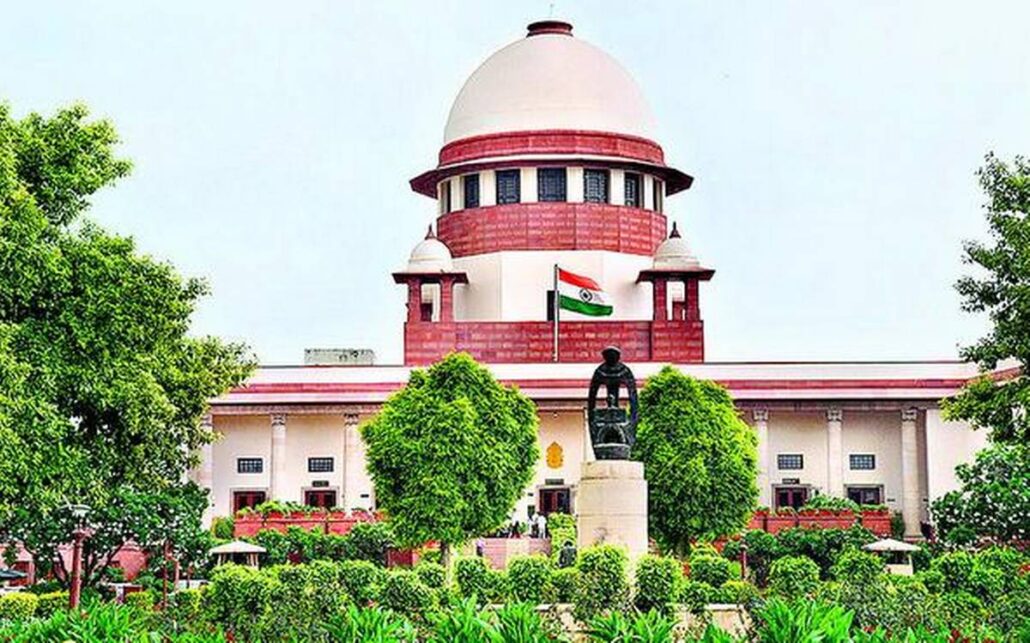
The Congress party has filed an intervention application in the Supreme Court to oppose challenges to the Places of Worship (Special Provisions) Act, 1991.
In the application, Congress argues that the pleas against the law are part of a “motivated and malicious” attempt to undermine India’s secular principles.
Filed through Congress General Secretary KC Venugopal, the application defends the Act as a critical reflection of India’s secular identity. It underscores that the law, which preserves the status quo of religious structures as they existed on August 15, 1947, was passed with significant support during the 10th Lok Sabha, when the Congress and Janata Dal parties had a majority.
The Congress also highlights that the Act was part of their 1991 election manifesto, demonstrating a longstanding commitment to secularism.
“The POWA (Places of Worship Act) is essential to safeguard secularism in India, and the current challenge appears to undermine these foundational principles,” the application states.
The party counters claims that the Act violates freedom of religion under Article 25 of the Constitution, referring to the Supreme Court’s Ayodhya verdict which affirmed the Act’s compatibility with secular obligations.
The plea also defends the law’s inclusivity, citing its application to temples, mosques, churches, gurudwaras, and other places of public religious worship.
Additionally, Congress argues that the Act promotes equality across religious communities, rejecting allegations of discrimination.
The law’s scope includes maintaining the religious character of all places of worship, as they stood on August 15, 1947, excluding the Ayodhya Ram Janmabhoomi-Babri Masjid dispute.
Recently, the Supreme Court agreed to examine a plea from AIMIM leader Asaduddin Owaisi seeking better implementation of the law.
The court has also restricted lower courts from entertaining suits to reclaim religious places under the law.
The law’s validity has faced opposition, particularly from BJP leader Ashwini Upadhyay, who argues that the Act infringes on constitutional rights by freezing the status of places of worship as they were in 1947.
However, other parties, including the Gyanvapi Mosque Managing Committee, have filed in support of the Act, asserting that it is vital for communal harmony and religious coexistence. The Centre has yet to file its response in the case.




